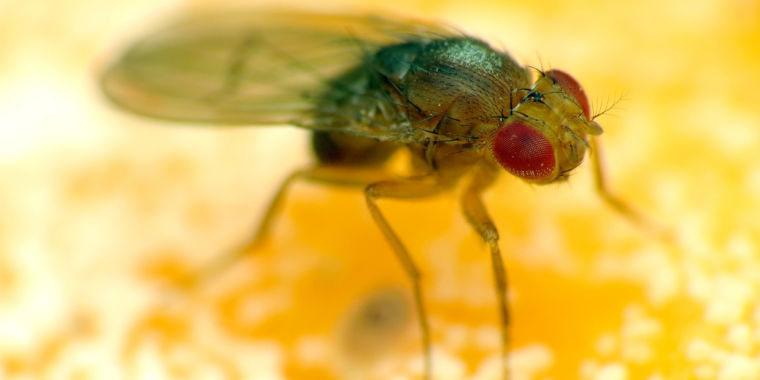
How plants evolved to make ants their servants
Table of Contents

Plants are boring. They just sit there photosynthesizing while animals have all the fun. Right?
Not so much. Take a look at the interactions between ants and plants—plants have evolved features specifically to make them enticing to ants, like juicy nectar for the insects to eat and hollow thorns for them to take shelter in. In exchange, plants use ants to spread their seeds and even act as bodyguards.
A new study in the Proceedings of the National Academy of Sciences breaks down the genetic history of 1,700 species of ants and 10,000 plant genera, and the researchers found that the long history of ant and plant co-evolution started with ants foraging on plants and plants later responding by evolving ant-friendly traits. A plant that evolved hollow thorns for ants to shelter in. In exchange, the ants defend the plant from attacks from other insects and mammals.
Credit: (c) Field Museum, Corrie Moreau Plants are boring. They just sit there photosynthesizing while animals have all the fun. Right?
Not so much. Take a look at the interactions between ants and plants—plants have evolved features specifically to make them enticing to ants, like juicy nectar for the insects to eat and hollow thorns for them to take shelter in. In exchange, plants use ants to spread their seeds and even act as bodyguards.
A new study in the Proceedings of the National Academy of Sciences breaks down the genetic history of 1,700 species of ants and 10,000 plant genera, and the researchers found that the long history of ant and plant co-evolution started with ants foraging on plants and plants later responding by evolving ant-friendly traits.
Source: phys.org


